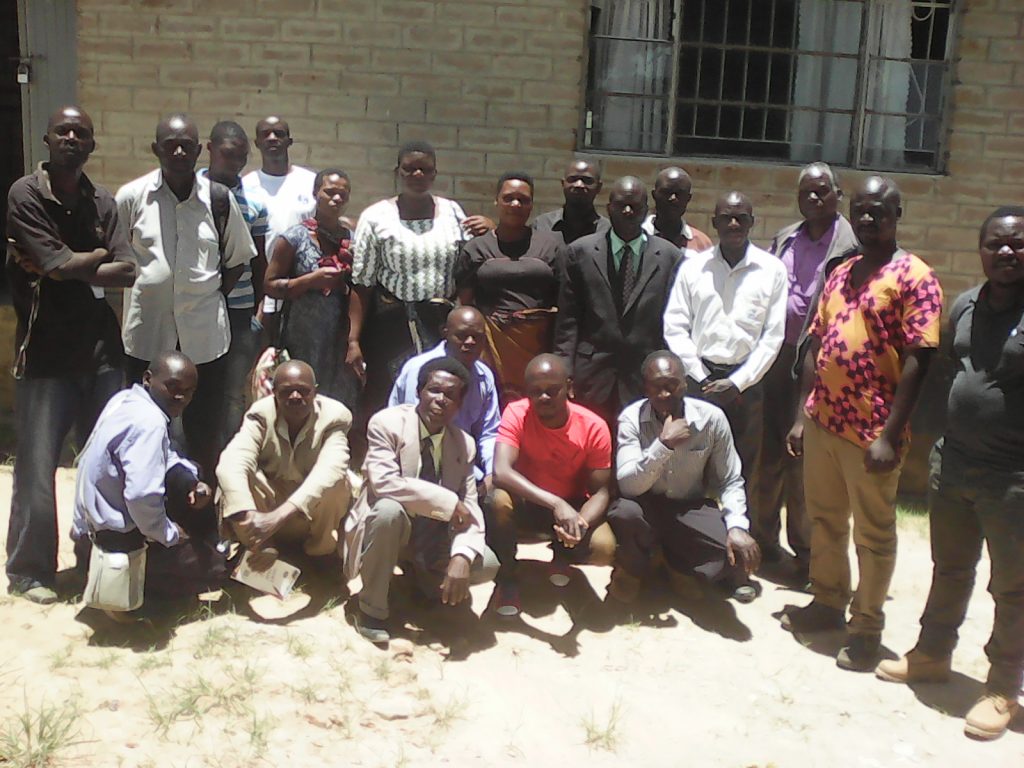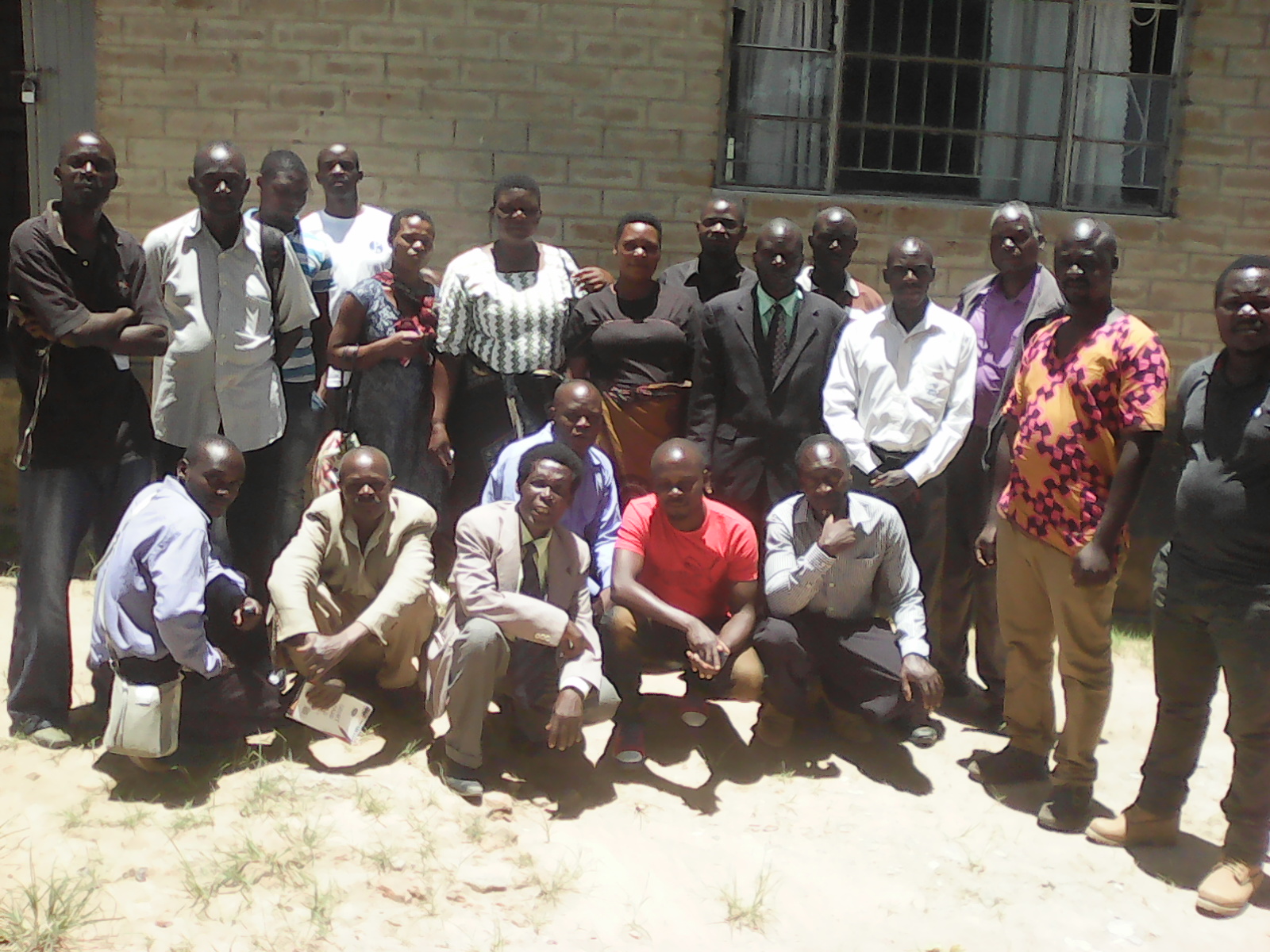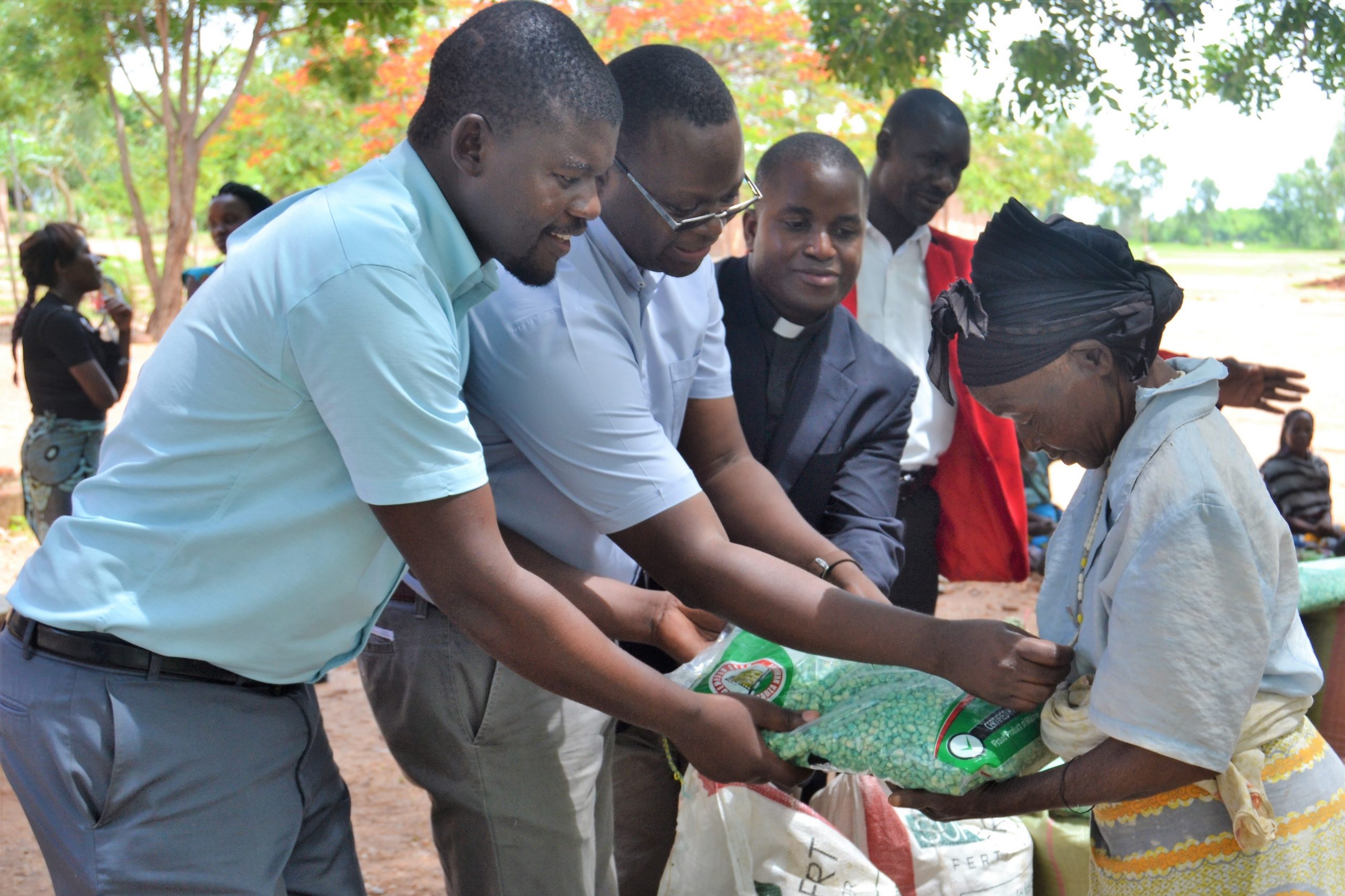Nthalire Community Calls For an Ambulance
By Bishop Witmos (Contributor)
Inadequate ambulances at Chitipa District Hospital is said to have slowed down access to health service by communities in the remotest area of Nthalire in Chitipa South.
This was said during an interface meeting in Nthalire between the community members and officials from Chitipa District Hospital, which was organized by the Catholic Commission for Justice and Peace (CCJP) under the Diocese of Karonga.

Currently, Chitipa District Hospital has only one ambulance that serves a population of over two hundred thousand people.
Speaking during the meeting, Councilor for Nthalire ward Christopher Mnyenyembe appealed to government and stakeholders to consider providing an ambulance at Nthalire Health Center in order to save lives that are lost at the health facility due to inadequate transport for referral services to the main district hospital.
Mnyenyembe said despite that Nthalire is located in the far-flung area of 115 Kilometers away from Chitipa boma, it is surprising to note that his area is not a priority in terms of referral services by the district hospital.
‘‘As communities in Nthalire we are really suffering due to unavailability of an ambulance at our health facility, and it reached to a point, in the year 2017, that an ambulance was available at our facility only for maternity cases,’’ said Mnyenyembe.
However, Chitipa District Hospital has since asked communities in Nthalire not to panic as procedures are already in place that by the end of May this year the area will have its own ambulance.
Representative of Director for Health Services in Chitipa at the event who is also Senior Assistant Environmental Health Officer Mordecai Mbowe told the gathering that Plan Malawi through the Inpath project is procuring four ambulances for the district.
At Wenya, communities were surprised with the 2017 to 2018 financial report presented by the hospital officials, that only half of the 2017 to 2018 financial year, the district hospital has already spent over 90 percent of its internal travel costs; a development which Mbowe said was due to an increased number of referrals to Mzuzu Central Hospital.
While at Mwenemisuku, chairperson for Kakomo Area Development Committee (ADC) Winston Silungwe observed that the financial report was only showing the budget costs as well as expenditures for the whole district hospital without specifying breakdowns for health centres.
Silungwe therefore asked the district hospital to consider itemizing the budget in order for communities to be able to track it.
According to the project officer for the commission in Chitipa Abel Malumbira, the interface meetings were organized with an aim to bridge the interaction gap between the community and health workers.
Malumbira therefore assured communities in Chitipa that the commission will continue providing support for such interactions in order to improve the health service delivery in the district.
CCJP is implementing a health governance project in selected ADCs in Chitipa and Karonga with an aim of promoting transparency and accountability in health service delivery. The project is funded by Open Society Initiative for Southern Africa (OSISA).
Women Groups Call For Interface Meeting With Chiefs
By Vincent Bwinga (Justice and Peace Field Officer)
In response to the prevailing conditions, compounded by negative socio-cultural beliefs, which prevent women from enjoying their rights, women and girls groups in the areas of traditional authorities Nthalire and Wenya have decided to break the silence and stand up for their rights by taking duty bearers to task.
Women have since summoned chiefs and other prominent members in the area to an interface meeting. In the letter which women have addressed to chiefs in the two traditional authorities, women have cited for example limited access to productive assets like land and limited participation of women in decision making processes.
According to the letter signed by women’s task force members, women have called on chiefs and all men in the area to take action to ensure that women also enjoy their economic and political rights; through permanent land tenure and appointment or election into leadership position.
“We are prepared to face chiefs during this interface meeting. It is high time we [women] voiced out our concern and advocate for our own rights in our community,” said Tereza Mkamanga, Chairperson for Nthalire Women Task Force.
Denzie Kayira from traditional Authority Mwenewenya said that women experience so many challenges in their villages but they fail to speak out due to culture of silence which prevents them from doing so.
He further said that through women group mentoring sessions organized by Justice and Peace Desk, women have realized their rights, hence the urge to demand them from their leaders.
Over 100 women from Thumbo, Chisenga, Nthalire and Wenya have formed task forces in their zones to mobilize fellow women to participate in the interface meetings. This is an initiative under the Catholic Agency for Oversea Development funded women’s rights projects which encourages women to take an active role in defending their rights.
Karonga Diocese Donates Maize and Farm Inputs to Victims of Internal Displacement in Mpata
By Wezi Mwangonde
The Catholic Diocese of Karonga has donated maize and farm inputs to residents of Mwenitete, Mwawembe and Mwankenja Mwangonde villages in Mpata in the area of Paramount Chief Kyungu in Karonga district.
The donation follows the return of the internally displaced, Mwankenja Mwangonde villagers, who left their land in February as a result of a protracted land dispute which turned violent. The returnees had lost their means of livelihood and could not prepare for farming this year hence the donation of farm inputs.
During the exercise, each of the 69 households from Mwankenja Mwangonde received a 50 kilogram bag of maize for food, two bags of fertilizer (Urea and NPK) and a 10 kilograms package of maize seeds including a 50 kilogram bag of maize for household consumption.
The donation was extended to 120 other equally vulnerable villagers from Mwabwembe and Mwenitete villages received a 50 kilogram bag of maize each to carry them through the lean period.
Speaking on behalf of Bishop Martin Mtumbuka of Karonga Diocese, Father Joseph Moloka Sikwese the Bishop’s and Pastoral Secretary, said this goodwill gesture follows the resolution of a long standing land disputes that led to the displacement of Mwankenja Mwangonde villagers.
“Diocese is very impressed with the three villages for reconciling on the long time feud through the initiative of the CCJP in conjunction with the District Peace Committee under Karonga District Council.” Said Father Sikwese.
He further pledged that through the Justice and Peace Desk, Karonga Diocese will continue fighting for Justice and peace in the area. He urged the people to utilize the village tribunals being championed by Justice and Peace Desk as one way of making Karonga free from wrangles.
Concurring with the Bishop’s secretary, the representative of the Principle Group Village Headman Kalambo said the area is behind in terms of development due to prolonged violent conflicts.
CCJP Karonga Calls for More Support for Girls Rescued from Early Marriages
By Vincent Bwinga
Some girls rescued from early marriages and readmitted to school struggle to continue with their education due to lack support to keep them in school.
This was disclosed at Thumbo during a monitoring and documentation exercise conducted by Justice and Peace Field Officer, Vincent Bwinga.
Speaking during the exercise, Boniface Kayira, Chairperson of Women Rights Group (WRG) for Thumbo Zone said having rescued the girls, the challenge becomes how to keep them in school. He said some of those rescued find it hard to survive in school beyond one year. He attributed this to lack of support from parents or guardians and even community members. Further, he said poor parents fail to provide for these girls and marrying them off is usually a way of running away from responsibility.
“Due to lack of support some of these girls lose interest is education and opt to remarry to get provisions. There is need for deliberate interventions to keep these girls in school,” said Kayira.
Concurring with Kayira, one of the girls [name withheld] said she remarried a year after she went back to school because her parents were not supportive and showed no interest in her education. She got married at the age of 15.
During the lifespan of women and girls’ rights projects in the areas of traditional authorities Wenya and Nthalire, the Justice and Peace Desk of Karonga Diocese has rescued 54 girls from early marriages. Out of these, 15 girls dropped out of school and remarried. Out of the remaining 39, 25 are secondary school students while 14 are in primary school. Most of these girls are between 15 and 18 years of age.
The Justice and Peace Desk of Karonga Diocese has been implementing women and girls’ rights projects in the area since 2013 with funding from Catholic Agency for Oversees Development (Cafod). The current project, which runs to March, 2018, is called Community Managed Women and Girls Rights Advocacy.




